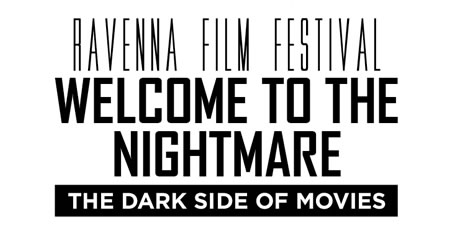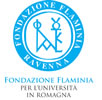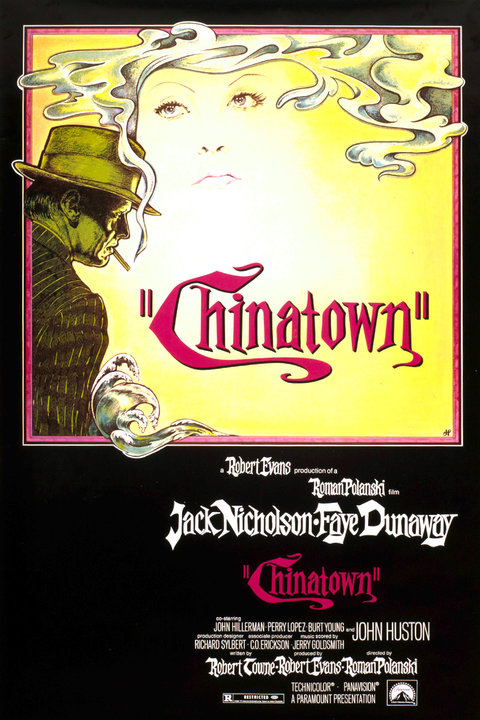
 |
|||||||||||||||||
      
|
|||||||||||||||||
|
|||||||||||||||||
|

Le tematiche ossessive del regista si palesano anche in questa sua opera: l’acqua, la circolarità, il duellare continuo tra realtà e finzione, la claustrofobia, i rapporti all’interno della coppia, e più in generale tra gli uomini.
Premi / Awards: PREMIO OSCAR 1974 (USA) – Miglior Sceneggiatura Originale a Robert Towne; GOLDEN GLOBES 1975 (USA) – Miglior Film, Miglior Regia a Roman Polanski, Miglior Sceneggiatura a Robert Towne, Miglior Attore a Jack NicholsonJJ 'Jake' Gittes is a private detective who seems to specialize in matrimonial cases. He is hired by Evelyn Mulwray when she suspects her husband Hollis, builder of the city's water supply system, of having an affair. Gittes does what he does best and photographs him with a young girl but in the ensuing scandal, it seems he was hired by an impersonator and not the real Mrs. Mulwray. When Mr. Mulwray is found dead, Jake is plunged into a complex web of deceit involving murder, incest and municipal corruption all related to the city's water supply. Roman Polanski Born in Paris to Polish parents, he moved with his family back to Poland in 1937, shortly before the outbreak of World War II. He survived the holocaust, was educated in Poland and became a director of both art house and commercial films. Polanski's first feature film, Knife in the Water (1962), made in Poland, was nominated for an Academy Award for Best Foreign Language Film. He has since received five more Oscar nominations, along with two Baftas, four Césars, a Gloden Globe and the Palme d'Or of Cannes Film Festival in France. In the United Kingdom he directed three films, beginning with Repulsion (1965). In 1968 he moved to the United States and cemented his status by directing the horror film Rosemary's Baby (1968), for which Ruth Gordon won an Academy Award as Best Supporting Actress. Following the murder of his wife, Sharon Tate, in 1969, Polanski returned to Europe and spent much of his time in Paris and Gstaad, but didn't direct another film until Macbeth (1971) in England. The following year he went to Italy to make What? (1973) and spent the next five years living near Rome. However, he travelled to Hollywood to direct Chinatown (1974). The film was nominated for eleven Academy Awards, and was a critical and box-office success. Polanski's next film, The Tenant (1976), was shot in France, and completed the "Apartment Trilogy", following Repulsion and Rosemary's Baby. After Tess (1979), which was awarded several Oscars and Cesars, his work in 1980s and 1990s became intermittent. It wasn't until The Pianist (2002), a World War II true story drama about Jewish – Polish musician, Wladyslaw Szpilma, that Polanski came back to full form. The film won three Academy Awards including Best Director, along with numerous international awards. He also directed other films, including Oliver Twist (2005), a story which parallels his own life as a "young boy attempting to triumph over adversity”. In 2009 he received a lifetime-achievement award from the Zurich Film Festival and in 2011 won Best Director at the 60th Berlin International Film Festival for Carnage. He was awarded Best Director for The Ghost Writer (2010) at the 23rd European Film Awards that year.
.jpg)
|
||||||||||||||||
| Ravenna Nightmare Film Festival - via Mura di Porta Serrata 13 - 48121 Ravenna (Italy) - Tel. e Fax +39.0544.201456 e-mail info@ravennanightmare.itarea riservata |
|||||||||||||||||